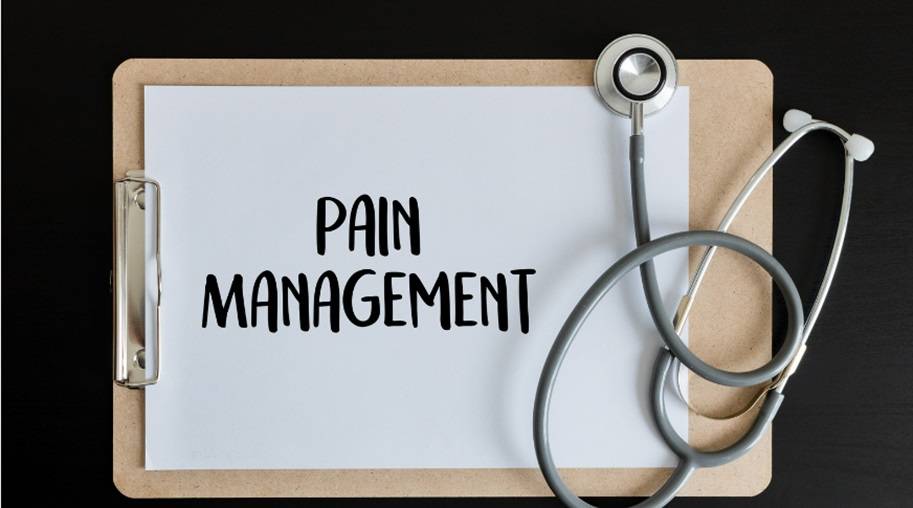Living with chronic pain can be an incredibly challenging and frustrating experience. Seeking help from a specialized pain management clinic can make a world of difference in your quality of life. Knowing how to find the right clinic for your needs is essential to ensure proper care and treatment. In this article, we will walk you through the steps to find the right pain management clinic so you can confidently make an informed decision.
Understand Your Needs and Priorities
Before you start your search, it’s important to have a clear understanding of your pain-related needs and preferences. Consider the following:
- The nature and severity of your pain
- Any underlying medical conditions contributing to your pain
- The types of treatments you are open to (e.g., medications, physiotherapy, psychological counseling)
- Your desired level of specialized care and expertise
- Your proximity to the clinic and any transportation limitations
Having a clear picture of your individual situation will help you to narrow down your search and identify clinics that can provide the specialized care you need.
Research Pain Management Clinics in Your Area
Once you have a clear understanding of your needs, start your online research for pain management clinics in Chicago. Conduct thorough investigations by:
- Reading online reviews from patients who have been treated at the clinic
- Asking for advice from your primary care physician or other healthcare providers
- Consulting friends, family, or support groups who have experience with pain management clinics
Look for Accreditation and Experience
When evaluating pain management clinics, prioritize those that have the proper accreditation and demonstrated experience in the field. Look for:
- Affiliation with reputable medical institutions and societies
- Board-certified or fellowship-trained pain management physicians
- Detailed information about their approach to pain management and the services offered
Schedule a Consultation
After creating a shortlist of potential pain management clinics, schedule consultations to better understand their treatment approaches and decide which best aligns with your needs. During the initial appointment, you should feel comfortable asking questions and discussing your concerns. This can greatly influence your care and treatment, so don’t be afraid to ask about:
- The clinic’s expertise in managing your specific type of pain
- The range of treatment options available
- The expected course of treatment and long-term care plans
While at the clinic, also pay attention to the atmosphere, clinic staff, and physician-patient interactions, as they may provide valuable insights into the quality of care you can expect.
Evaluate Results and Make a Decision
After collecting all the necessary information, carefully consider the quality of care, trustworthiness, and compatibility each clinic and physician offers. This is an important decision and should not be rushed.
To learn more about what to expect during a pain management consultation, check out this helpful blog post.
In conclusion, finding the right pain management clinic is crucial in your journey to regaining control of your life and managing your pain effectively. By following these steps, you can make an informed decision that will lead to a brighter, less painful future.
Related posts
Categories
Recent Posts
Root Amputation: A Targeted Treatment for Tooth Conservation
Persistent tooth pain, discomfort, and infection can be distressing and debilitating. Untreated tooth infection can quickly spread to the roots and the pulp causing painful symptoms. This may usually be treated through root canals or extractions. But what if the root canal fails and you…
Wellness Wins: Holistic Approaches to Managing Mastitis and More
Welcome to the wellness world, where holistic approaches are becoming increasingly popular in managing various health conditions. In this article, we delve into mastitis – a common condition that affects lactating individuals – and explore how holistic remedies can provide effective relief. Mastitis is a…



